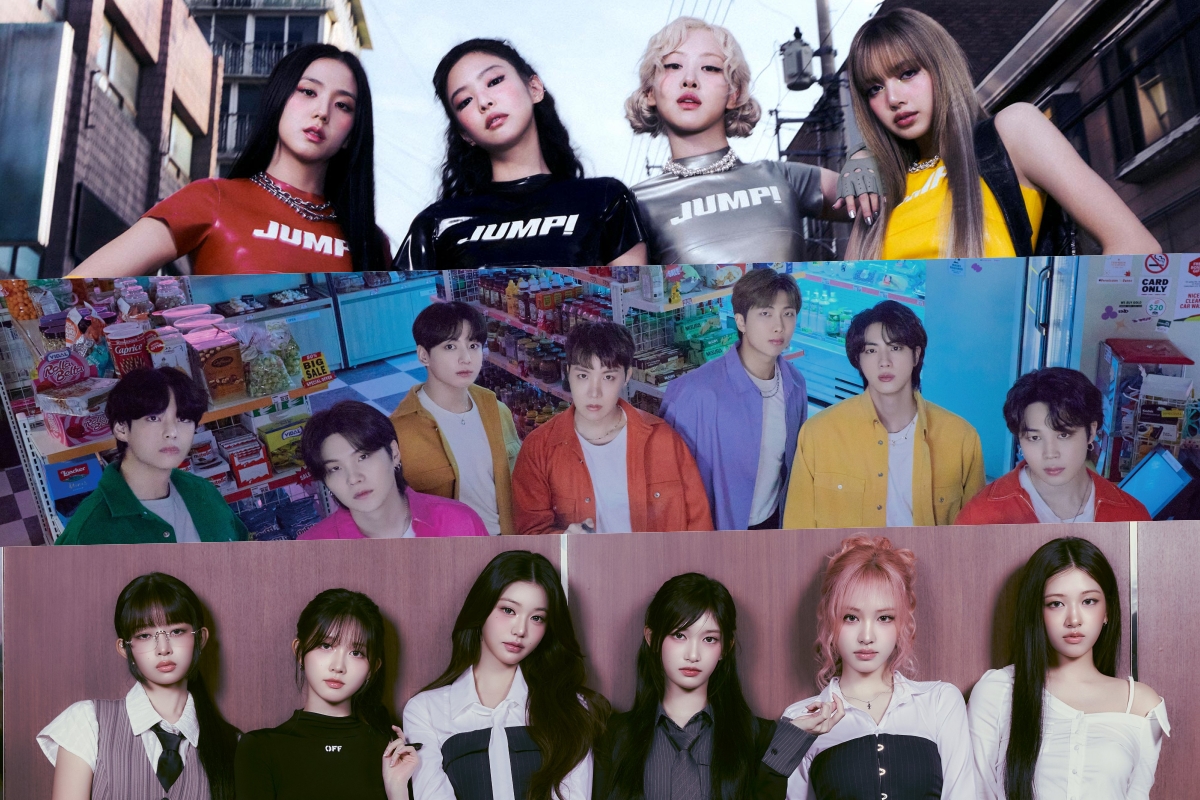K-Pop’s popularity in China is a fascinating phenomenon. Despite the Korean Wave Limitation, K-Pop continues to thrive. Chinese fans have a strong preference for groups such as BTS. Over the past nine years, K-Pop groups have faced major obstacles entering the Chinese market. Official activities have been restricted, leading to a sharp decline in K-Pop album exports to China. In 2017, these exports made up 36% of the market, but by 2023, they dropped to just 12%. Still, the spirit of K-Pop remains strong.
Digital consumption of K-Pop content is on the rise. Platforms like YouTube, Bilibili, Weibo, QQ Music, and NetEase Music are at the forefront. Fans engage actively by interpreting songs and creating subtitles. This participation enriches the K-Pop experience for everyone. The surge in online engagement has opened new distribution channels for K-Pop albums, especially as offline sales decline.
The unofficial merchandise market has also seen remarkable growth. With fewer official K-Pop events, fans turn to online platforms and social media for creating, trading, and selling unofficial goods. This vibrant market reflects a deep-rooted passion for K-Pop that transcends formal avenues. Fans express their love for groups like BTS, with members such as Suga and V being particularly beloved.
Concert demand among Chinese fans remains high. Even with restrictions, attendance at K-Pop concerts in South Korea has been substantial. This indicates a promising potential market if official activities resume. Optimism for the recovery of the K-Pop market in China is palpable. Recent increases in exports suggest a possible resurgence.
Experts believe that resuming official K-Pop activities could significantly expand the market size. This would further solidify K-Pop’s status in China. As K-Pop evolves, its influence remains strong. The resilience of fans and the industry highlights a bright future for K-Pop in China. The combination of digital growth, unofficial merchandise, and high demand for live performances creates a unique landscape for this cultural phenomenon to thrive.
In addition, K-Pop’s impact on Chinese culture and society is noteworthy. Social media influencers play a crucial role in promoting K-Pop, helping to bridge cultural gaps. Furthermore, the evolution of K-Pop fashion trends in China showcases the genre’s influence beyond music. The vibrant K-Pop community continues to grow, driven by passion and creativity.
This article has been written by Kpopmap AI writer and while we have made efforts to ensure the accuracy of the article, there may be errors or inaccuracies.
 1 month ago
38
1 month ago
38


![[Weekly KPOP Chart] Week 4 of July 2025](https://kpopreviewed.com/wp-content/uploads/2025/07/wk4jul25.png)
















 English (US) ·
English (US) ·